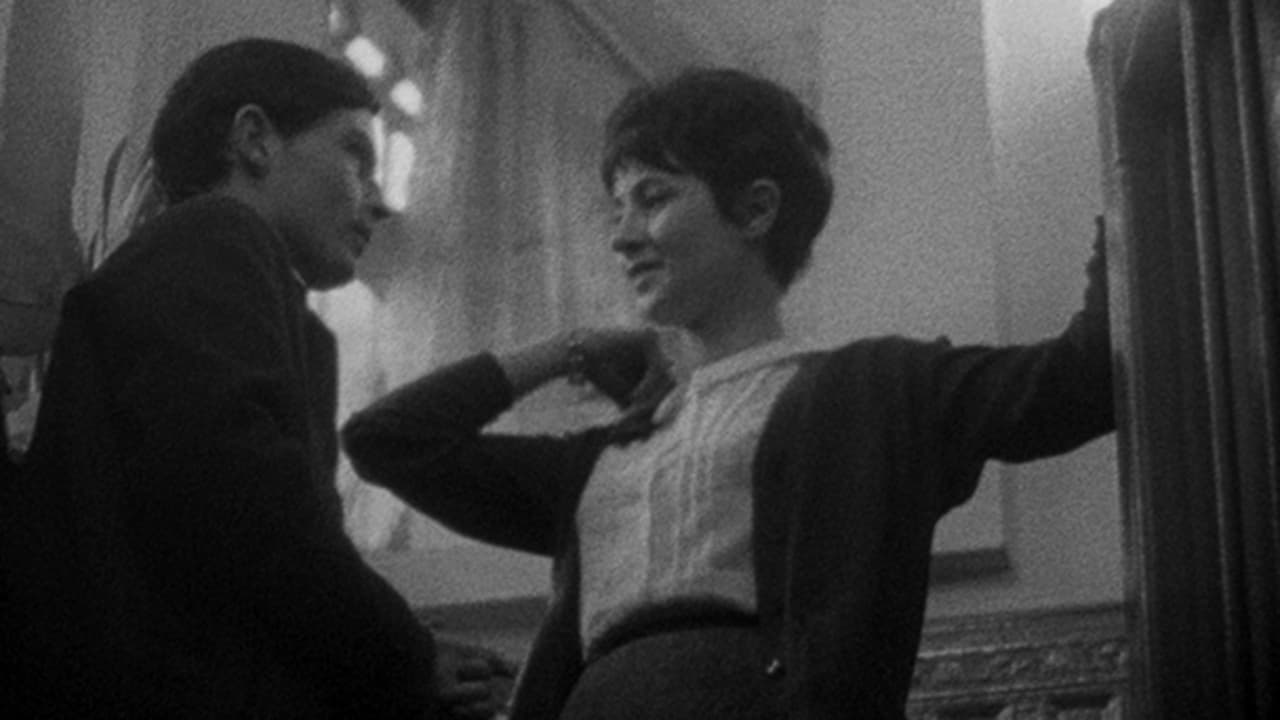ReaderKenka
Let's be realistic.
Protraph
Lack of good storyline.
Ketrivie
It isn't all that great, actually. Really cheesy and very predicable of how certain scenes are gonna turn play out. However, I guess that's the charm of it all, because I would consider this one of my guilty pleasures.
Scarlet
The film never slows down or bores, plunging from one harrowing sequence to the next.
framptonhollis
This is the second film in French director Eric Rohmer's "Six Moral Tales" film series. I'm watching the films in order, and so far I've only gotten to the first two ("The Bakery Girl of Monceau" and this one), and, out of those two films, this one is probably the most bland.Trust me, there's plenty of positive things to be said about "Suzanne's Career". There's some pretty good characters, a nice love story, and some really interesting and artistic filmmaking/storytelling techniques. However, the film is, overall, kind of bland and, at times, even quite boring! For an only 55 minute film, it went by pretty slow, even if there were quite a few neat things about it along the way.Overall, the film is recommended if you're planning on watching all six of the "Six Moral Tales" film series. Otherwise, there's no real reason to watch this unless you're a big fan of French/romantic cinema.
Hitchcoc
This is the second of the moral tales. Rohmer is a bit of an acquired taste. For me, it's that the characters are often unlikeable or weak. In this one, Suzanne is a young woman, enamored with Gillaume, a self centered bad boy Jerk who uses his friends. She is continually mistreated by this guy, and, of course, goes back to him. Bertrand, the feckless other man, Gillaume's friend, is taken with Suzanne and has a seemingly hopeless, puppy-like relationship with her. She pays when they go out, draining her resources. But she is actually using him. What happens is inconsequential. Rohmer is practicing his craft, developing characters, playing them against each other, and keeping out of it. When people meet, they engage in boring conversations. They are so introspective that we wish something would happen, but nothing really does. Just look at these people and enjoy the mastery of a director who knows how to make them real.
timmy_501
This is the second of the moral tales, but it's the last one I had left to see. I probably would have liked it better if I had seen it earlier as it covers a lot of the same areas as the later films but it's naturally less polished. It's clearly a very low budget film and the visuals are among Rohmer's most nondescript. Also, despite it's brevity it drags a bit in places. Still, in spite of these flaws it's a worthwhile addition to the Rohmer canon.The film itself is about two male college students. Guillame is the leader here. He is also a real jerk, similar to the stereotypical frat boy today. This is the type of person who comes from a privileged background but is still quite ignorant in spite of his advantages. Since he is clearly lacking intelligence but seems affable enough, this type of guy gets treated well by people who don't realize that he has just enough cunning to take advantage of their kindness and screw them over. So naturally he uses and abuses everyone around him. This includes his pathetic, spineless sidekick, Bertrand, and their mutual love interest/dumping ground Suzanne. The film is narrated by Bertrand who is something of a non-entity.Suzanne is a decent looking girl with a steady job but she doesn't have enough money to attend college full time. Because she is not beautiful and also because of the aforementioned lack of funds she allows herself to be used by Bertrand and Guillame. It's clear she cares more about them than they do about her and she ends up wasting her hard earned money on the boys.The twist here is that eventually Suzanne gets tired of the boys and moves on to better things while they stay the same. Despite coming from a lower social standing she ends equal to them and thus exposes their aimless apathy. Of course, Suzanne is not perfect either. The film's title suggests that her goals from the beginning might have been different than they seemed.
ieaun
This film by Eric Rohmer shows that the style for which he has become famous was developed at an early stage - a concentration on the relationships between young people performed by unknown actors in an almost documentary style. As usual with Rohmer the performances of the actors are variable and not much happens in terms of plot. Instead the film concentrates on the emotional development of its young subjects, with the central character a little wiser by the end. The scenes on central Paris in the early sixties mean that part of the film's appeal is as an historical document in the same way as Chabrol's "Les Bonnes Femmes" and Varda's "Cleo De 5 a 7".

